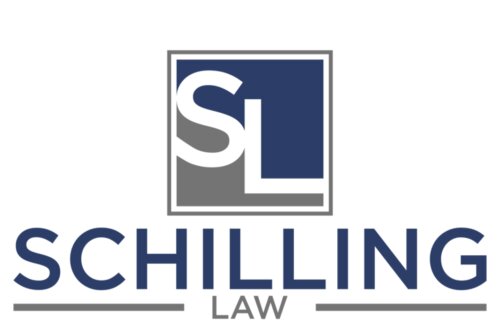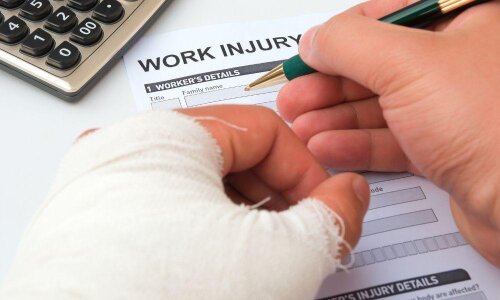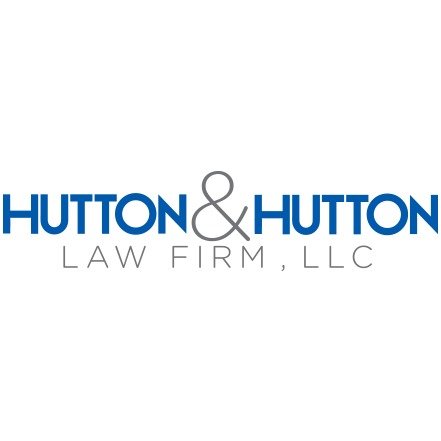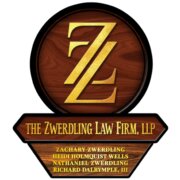Best Drugs & Medical Devices Lawyers in Kansas
Share your needs with us, get contacted by law firms.
Free. Takes 2 min.
Or refine your search by selecting a city:
List of the best lawyers in Kansas, United States
About Drugs & Medical Devices Law in Kansas, United States
Drugs and medical devices law in Kansas involves a mix of federal and state regulations that govern the manufacturing, distribution, prescribing, and use of pharmaceuticals and medical equipment. These laws are primarily designed to protect public health by ensuring the safety, efficacy, and quality of drugs and devices that end up in the hands of patients. In addition to federal regulations set by the Food and Drug Administration (FDA), Kansas has its own set of laws and enforcement agencies that handle issues related to medical products, such as licensing requirements, controlled substances, and legal liability for injuries resulting from defective products.
Why You May Need a Lawyer
There are several situations where an individual or business may require legal assistance with drugs and medical devices in Kansas. Laws related to pharmaceuticals and medical technology can be complicated, and navigating them without expert help may lead to significant legal and financial consequences. Common reasons to consult a lawyer include:
- Experiencing adverse effects or injury from a prescription drug or medical device
- Being involved in class action or mass tort litigation related to defective drugs or devices
- Receiving warning letters or facing investigation by regulatory agencies
- Concerns about pharmaceutical product liability or medical device recalls
- Seeking licensure for manufacturing or selling drugs or medical devices in Kansas
- Disputing insurance coverage for prescription drugs or surgeries involving medical devices
- Healthcare practitioners accused of improper prescribing or distribution of controlled substances
- Understanding local compliance requirements for clinical trials or product distribution
Local Laws Overview
In Kansas, drugs and medical devices are subject to both Kansas statutes and relevant federal laws. The Kansas Board of Pharmacy regulates the distribution and sale of pharmaceuticals, including prescription, over-the-counter, and controlled substances. The Kansas Department of Health and Environment (KDHE) also plays a role in public health oversight, especially concerning medical devices used in healthcare facilities.
Key legal aspects to note include the Kansas Product Liability Act, which provides the framework for lawsuits involving personal injury caused by defective drugs or medical devices. Kansas follows a modified comparative fault rule, meaning that a plaintiff’s recovery may be reduced by their percentage of fault in the incident. Kansas also enforces strict rules about prescription drug control, pharmacy operations, and reporting adverse events or recalls. Healthcare providers must adhere to standards for informed consent when prescribing medication or recommending medical devices.
Frequently Asked Questions
What should I do if I am injured by a prescription drug or medical device?
Seek medical attention immediately and keep records of your injury, treatment, and the product involved. Consult a lawyer experienced in product liability or personal injury as soon as possible to discuss your legal options.
Can I file a lawsuit if a medical device used during my surgery was later recalled?
Yes, you may have grounds for a lawsuit if you suffered harm from a recalled device. A lawyer can help you determine if you may be eligible for compensation based on the recall and your injuries.
Who regulates drugs and medical devices in Kansas?
Drugs and medical devices are regulated by both federal organizations, primarily the FDA, and state agencies like the Kansas Board of Pharmacy and the Kansas Department of Health and Environment.
Are there time limits for filing a drug or device-related lawsuit in Kansas?
Yes, Kansas has statutes of limitations for product liability and personal injury cases. Typically, you must file a lawsuit within two years of discovering the injury, but certain factors could affect this period.
How do I report an adverse reaction to a drug or device in Kansas?
You can report adverse reactions to your healthcare provider, who is required to document and report certain events. You can also file reports directly with the FDA through the MedWatch program.
Can pharmacists in Kansas refuse to fill certain prescriptions?
Kansas law allows pharmacists to use their professional judgment and, in some circumstances, refuse to fill prescriptions they believe to be inappropriate, suspicious, or in violation of the law.
Is off-label drug use permitted in Kansas?
Doctors in Kansas, as in most states, can prescribe FDA-approved drugs for off-label uses if they believe it is medically appropriate, but off-label promotion by manufacturers is restricted.
What are my rights if my insurance refuses to cover a necessary drug or device?
You have the right to appeal an insurance denial. A lawyer can assist you in reviewing policy terms and, if necessary, contesting the denial with the insurance company or state regulators.
How can manufacturers ensure compliance with Kansas drug and device laws?
Manufacturers must adhere to both FDA requirements and Kansas-specific regulations, including licensing, reporting, and labeling standards. Consulting with legal counsel is the best way to ensure compliance.
Are there special rules for opioid prescriptions in Kansas?
Yes, Kansas has specific protocols regarding opioid prescribing, including Prescription Drug Monitoring Program (PDMP) reporting requirements and guidelines to prevent abuse and diversion.
Additional Resources
If you need more information or help regarding drugs and medical devices in Kansas, consider these resources:
- Kansas Board of Pharmacy: Licensing, regulations, and enforcement for pharmacy professionals and facilities
- Kansas Department of Health and Environment (KDHE): Oversight of medical facilities and public health policies
- U.S. Food and Drug Administration (FDA): Federal regulations, recalls, and reporting safety issues
- MedWatch: FDA’s safety reporting system for adverse drug and device events
- Kansas Bar Association: Referrals for attorneys experienced in drug and device litigation
- Kansas Insurance Department: Information on health insurance complaints and appeals related to drug and device coverage
Next Steps
If you or a loved one is facing a legal issue involving drugs or medical devices in Kansas:
- Document all relevant information, including product details, medical records, and correspondence
- Report any adverse events to your healthcare provider and appropriate agencies
- Consult with an attorney who specializes in drugs and medical devices law to discuss your situation
- Gather any supporting evidence, such as product packaging, receipts, and witness accounts
- Act promptly to ensure your rights are protected within legal time limits
A qualified attorney can evaluate your case, explain your rights and options, and represent you in negotiation or court proceedings if necessary. Early legal advice is often crucial to achieving the best possible outcome.
Lawzana helps you find the best lawyers and law firms in Kansas through a curated and pre-screened list of qualified legal professionals. Our platform offers rankings and detailed profiles of attorneys and law firms, allowing you to compare based on practice areas, including Drugs & Medical Devices, experience, and client feedback.
Each profile includes a description of the firm's areas of practice, client reviews, team members and partners, year of establishment, spoken languages, office locations, contact information, social media presence, and any published articles or resources. Most firms on our platform speak English and are experienced in both local and international legal matters.
Get a quote from top-rated law firms in Kansas, United States — quickly, securely, and without unnecessary hassle.
Disclaimer:
The information provided on this page is for general informational purposes only and does not constitute legal advice. While we strive to ensure the accuracy and relevance of the content, legal information may change over time, and interpretations of the law can vary. You should always consult with a qualified legal professional for advice specific to your situation.
We disclaim all liability for actions taken or not taken based on the content of this page. If you believe any information is incorrect or outdated, please contact us, and we will review and update it where appropriate.
Browse drugs & medical devices law firms by city in Kansas
Refine your search by selecting a city.














